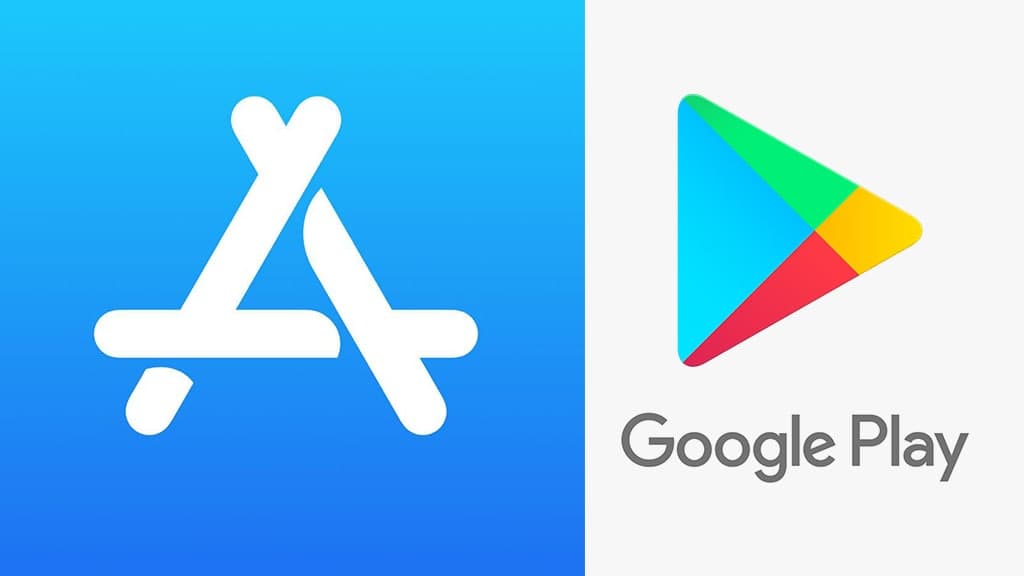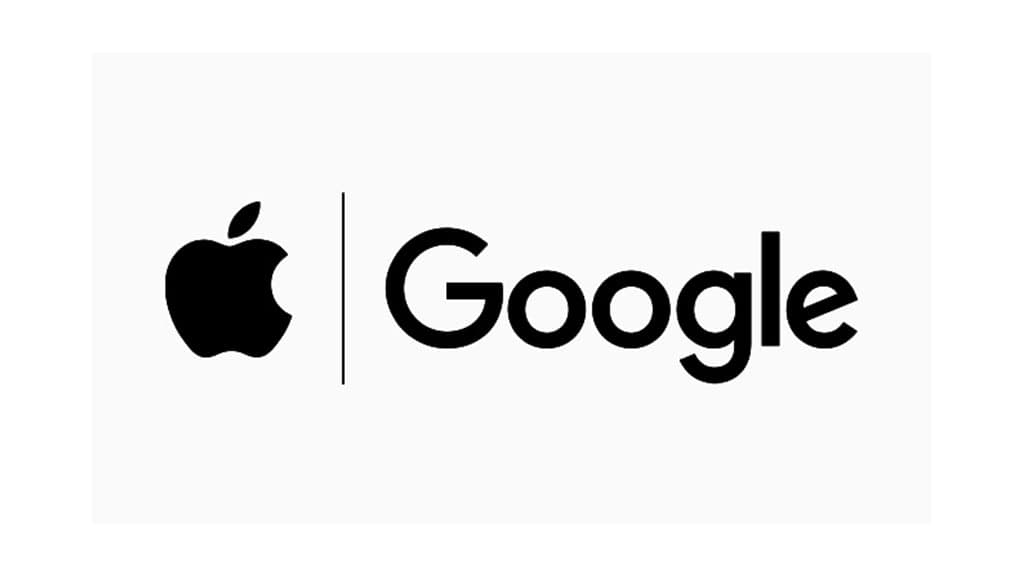News
Major blow to Apple, Google is Next: Ending App Store and Play Store monopoly

On September 10, 2021, U.S. Federal Judge Yvonne Gonzalez Rogers came to a conclusion of Apple vs Epic Games and issued an injunction to Apple. What is it? Well, Apple can no longer restrict developers to use its exclusive in-app purchase system. This means, they can now, use their own in-app purchase system, which is a huge win for developers across the world and a major blow to Apple.
As an app distributor, Apple takes from 15% to 30% profit of an app’s digital goods sales. The decision also put an end to the long-standing battle between app developers and Apple, which will further allow them to implement their own payment gateway on their apps on App Store.
Interestingly, App makes a huge sum of profit from this developer fee, and in 2020, it was respected that Apple made over $64 billion USD solely from App Store. Not only that but the result and the effect of this latest decision reflects on Apple stock, which dropped over 2 percent on Friday.
Curbing Competition:
This latest development in the court also highlights how the App Store platform is monopolized against developers and helps to curb competition. Apple won platform won on nine out of 10 counts but was found guilty according to anticompetitive conduct under California law.
Therefore, the law decided to force the change on App Store policies and ordered the tech maker to approach soft on in-app purchases from December 2021.
“The Court concludes that Apple’s anti-steering provisions hide critical information from consumers and illegally stifle consumer choice,” Rogers wrote. “When coupled with Apple’s incipient antitrust violations, these anti-steering provisions are anticompetitive and a nationwide remedy to eliminate those provisions is warranted.”
“Given the trial record, the Court cannot ultimately conclude that Apple is a monopolist under either federal or state antitrust laws,” Rogers wrote.
On the other hand, Epic Games CEO Tim Sweeney made comment on the ruling, saying the ruling isn’t a win for developers or for consumers. Epic is fighting for fair competition among in-app payment methods and app stores for a billion consumers.
Apple Vs Epic:
Epic Games, an American video game and software developer, is well known for its games and the game engine. The company has developed and distributed Fortnite, one of the most famous online multi-play games.
The game offers V-bucks, the in-game currency to purchase costumes and other in-game products. The consumer needs to purchase V-bucks using real currency, and the entire purchase part is handled by Apple’s payment system.
Epic wasn’t seeking money from Apple, instead, it wanted to be allowed to install its own app store on iPhones, which would let it bypass Apple’s cut and impose its own fees on games.
This is where a clash began between the two companies, in August 202, Epic Games updated Fortnite on its servers to reduce the price of V Bucks by 20 percent if players purchase this currency directly through Epic Games’ payment system.
This bypasses Apple’s own payment system and its fee cut. In the aftermath, Apple removed Fortnite from App Store and due to the outdated software support, the app stopped working on iPhones. This scenario brought Epic’s subsequent lawsuit against Apple.
Epic and Google and Play Store:
Aside from Apple, Epic has also filed legal action against Google over the same issue on Play Store. Similar to Apple, the same fate could decide for Google.
Back on July, 36 U.S. states sued Google for its bad practices over Play Store Monopoly. The lawsuit claims that Google is keeping other developers out of competition in the application market, what we’ve saw on Apple App Store.
The Assistant Attorney General at Utah, Western United States files the antitrust lawsuit to challenge Google in the California central court. The plaintiff namely includes the following main provinces, who are leading the case at the moment.
- Washington, DC
- Utah
- North Carolina
- Tennessee
- New York
- Arizona
- Colorado
- Iowa
- Nebraska
The plaintiff accused Google to seek 30% commission sale revenue from the developer who wants to list their app on the Google Play Store via a new policy. Furthermore, it’s reported that Google plans to apply this new policy in September 2021, also forcing the developers to use solely Google Payment System for any transaction being made on Play Store.
The lawsuit claims, Google’s 90% market share in the Android app market was made possible by its deal with smartphone makers, which agrees to put Google services as default for the consumers.
The company didn’t plan to stop here, it also spent billions of dollars from its annual advertising revenue to spend on smartphone manufacturers, network carriers, and browsers to make Google their default search engine.
It’s mandatory for the developers to use Google’s online transaction methods to include any in-app purchase in their app on Play Store. It might help Google to keep a track of transaction records of digital goods.







